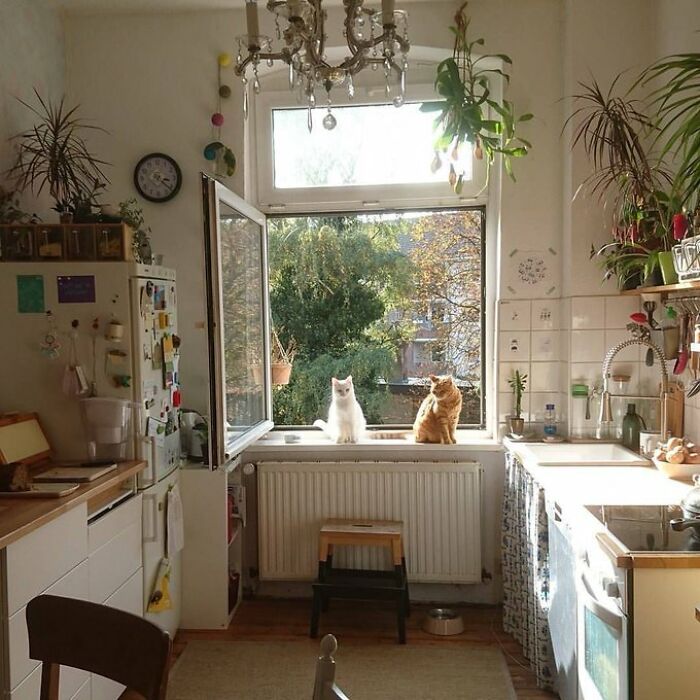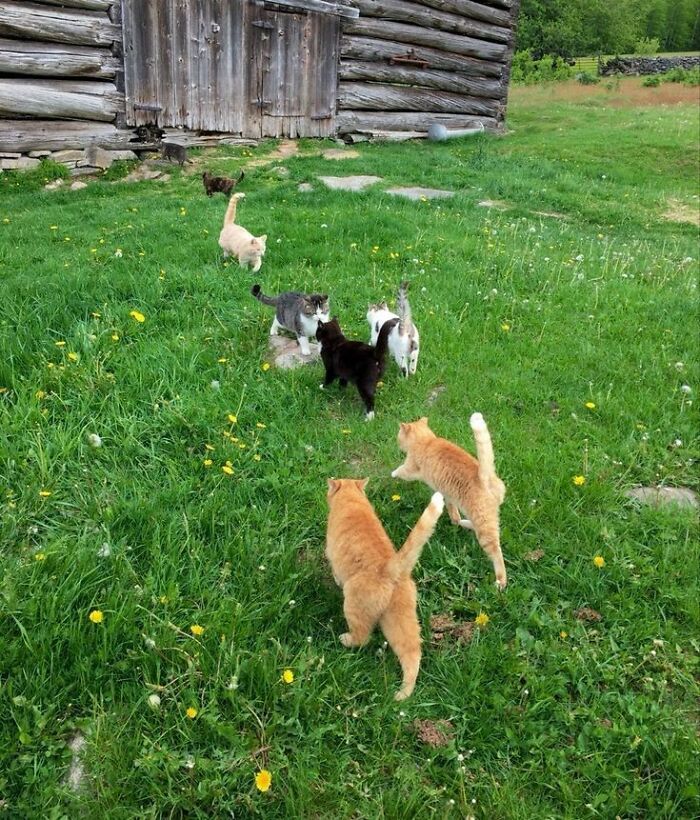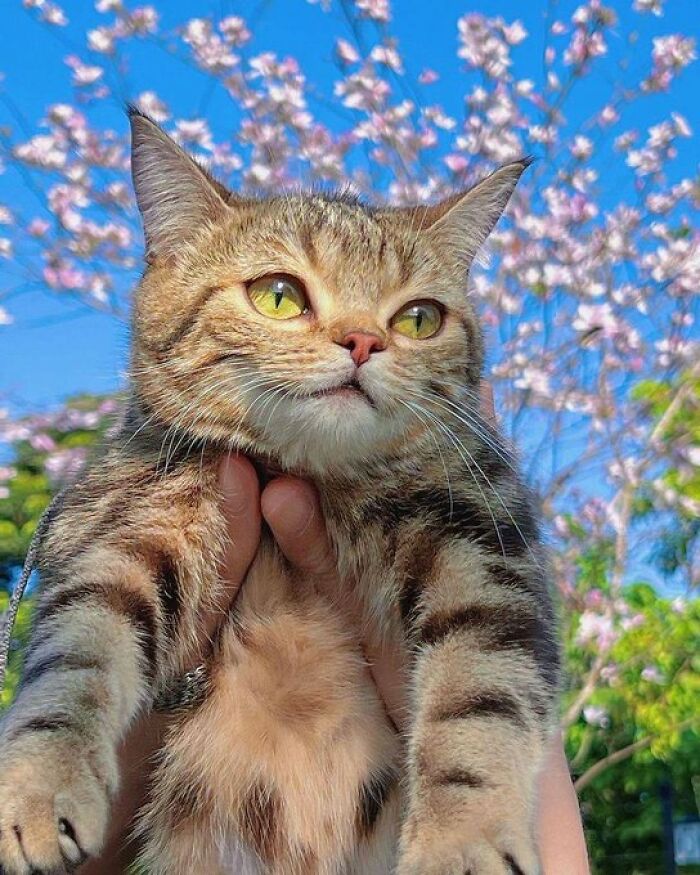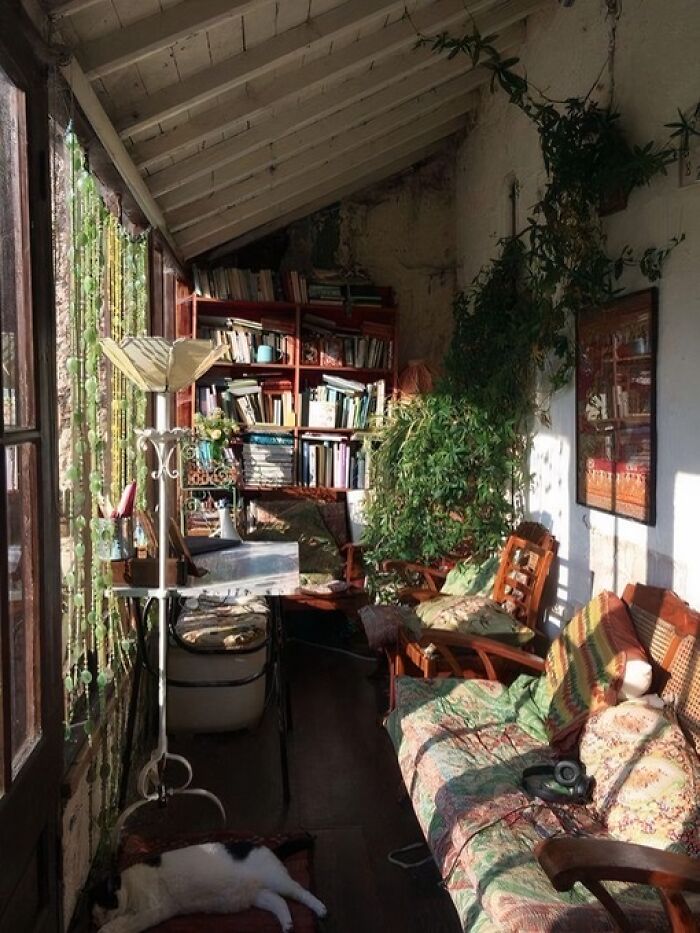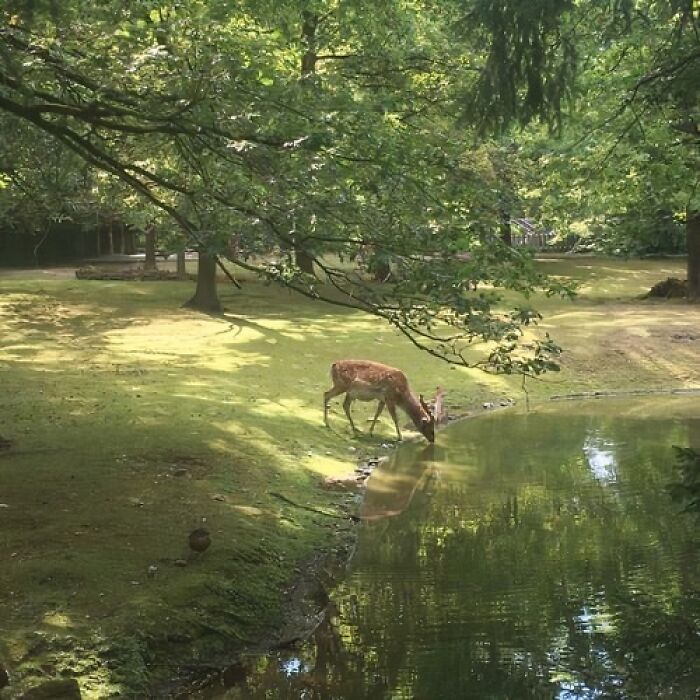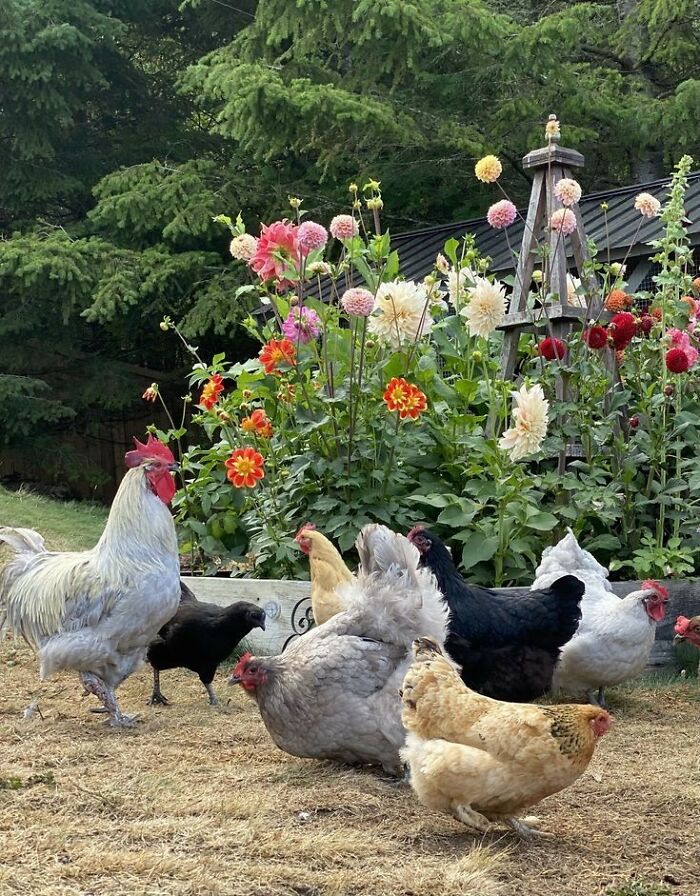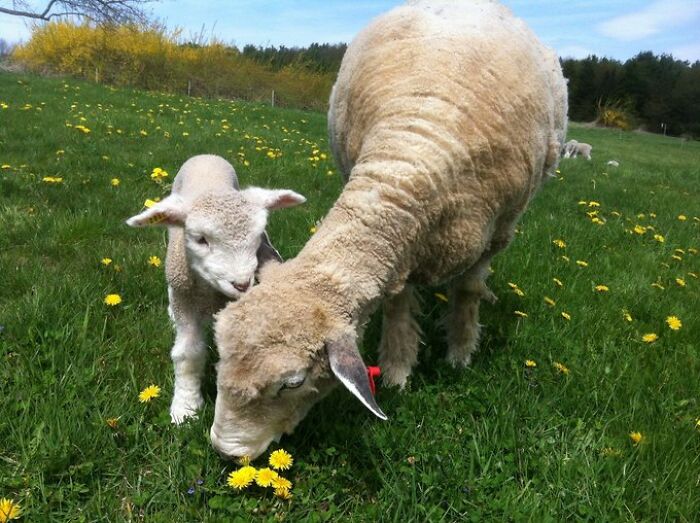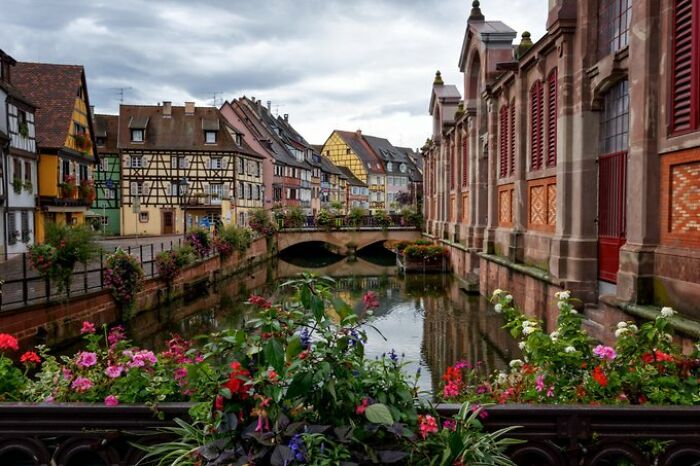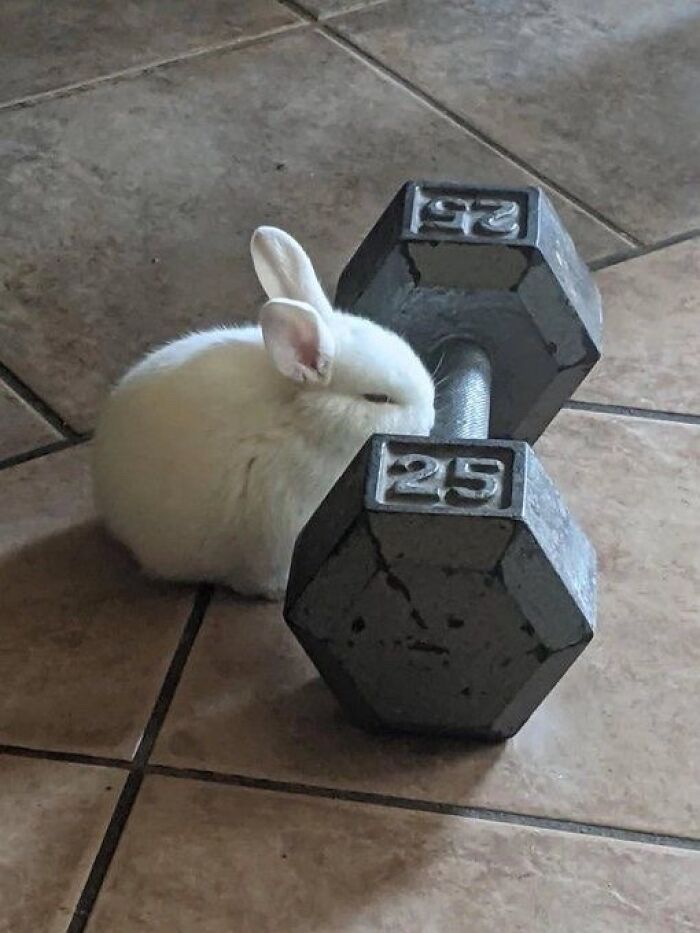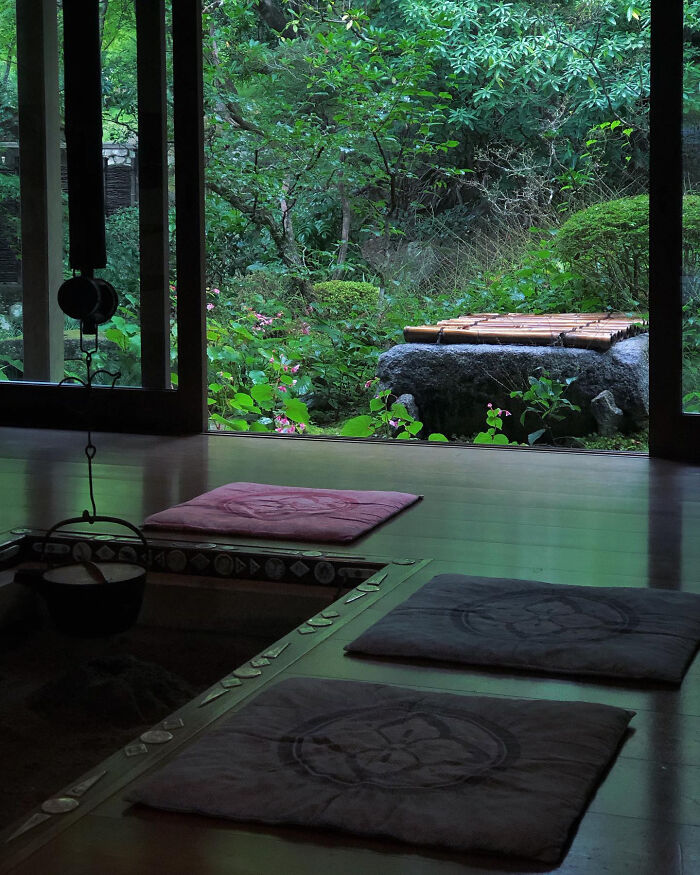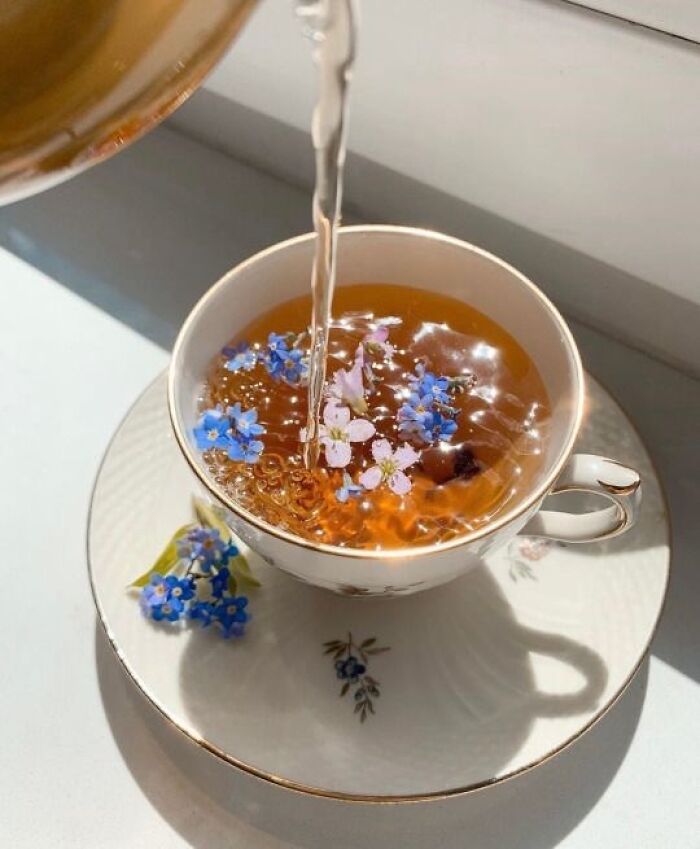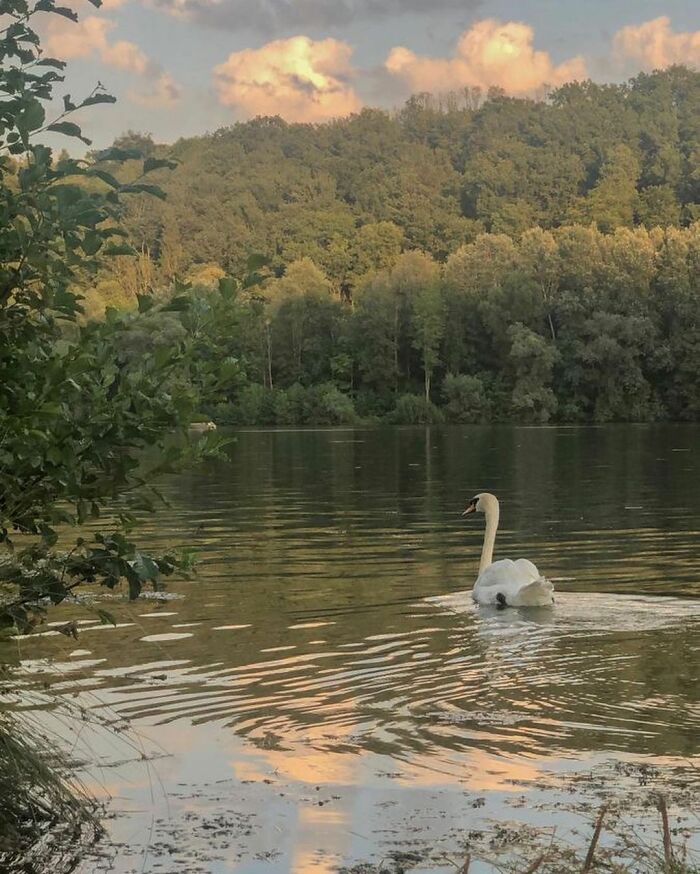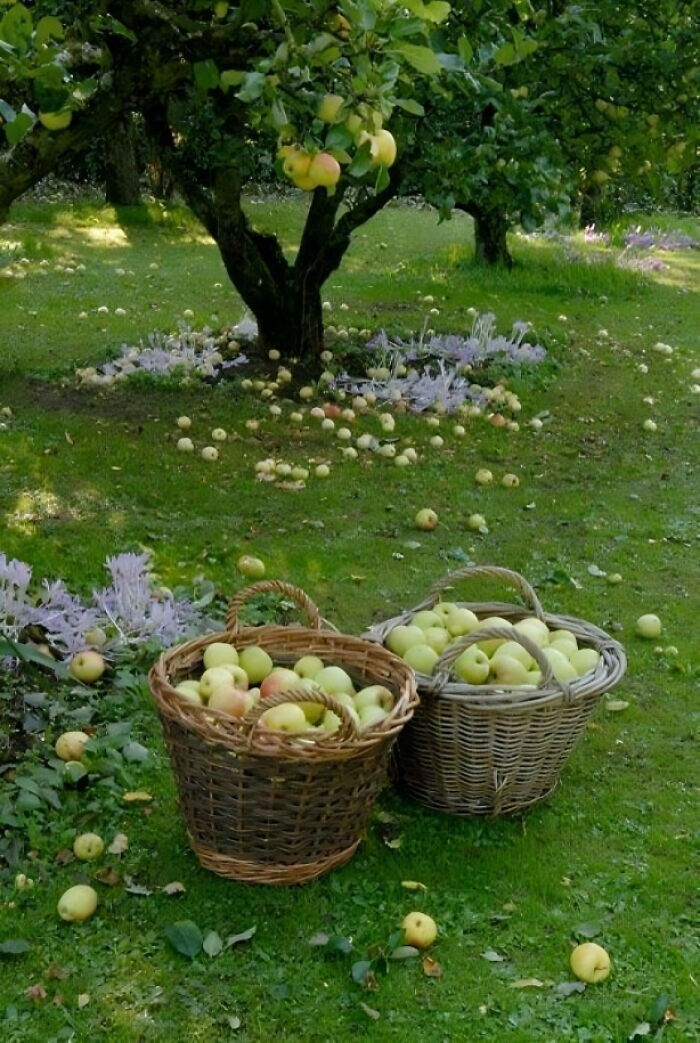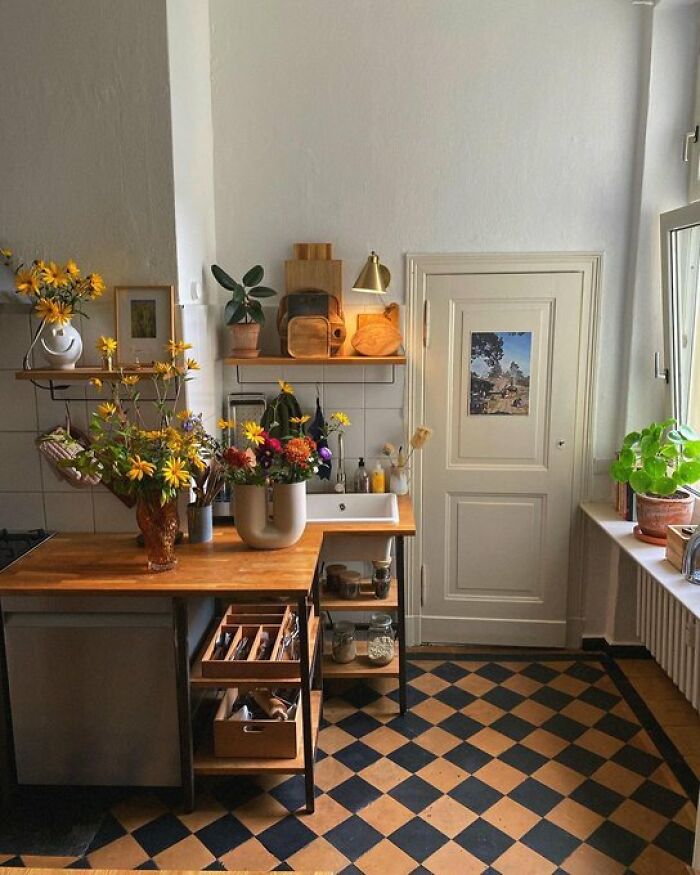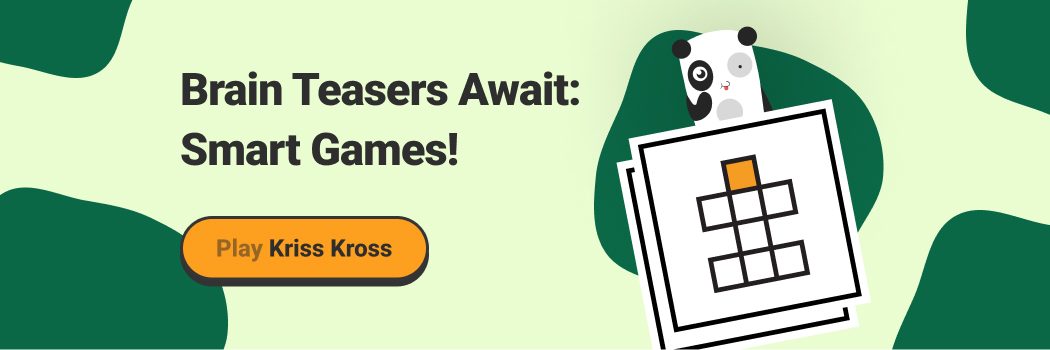The ‘Content That Makes You Happy’ account on X (formerly Twitter) does exactly what it says and shares wholesome and beautiful content. We’ve collected some of the best pictures to share with you. Scroll down for an instant mood boost, Pandas. And don’t forget to share these with any friends you think might be feeling blue. Bored Panda wanted to understand how to cultivate happiness in our day-to-day lives better, as well as how much our environments impact us. Glenn Geher, Ph.D., was kind enough to walk us through this and explained how happiness is an evolved emotion. You’ll find our full interview with him as you read on. Dr. Geher is a professor of psychology at the State University of New York at New Paltz and a published author. “So little things like finding something beautiful in nature, sharing a meme with a friend that helps to build a connection, a warming conversation with a family member—all these things can make us happy, and they all cost very little,” he told Bored Panda how we can cultivate happiness in our daily lives. According to Dr. Geher, both our past and present environments affect our happiness very much. However, he pointed out that the term ’environment’ can be understood in different ways. “You might find yourself walking outside on a cold and rainy day, so your physical environment might not exactly be sun-filled, but you might be walking with your best friend and sharing all kinds of laughs and joy. So that social environment, in spite of the details of the immediate physical environment, might actually, in a sense, be very bright and warming,” he explained to us. “So, both our immediate and our past environments shape our levels of happiness as we navigate life.” The thread uniting all of these posts is that they make us smile and feel a tiny bit happier. In our experience, leading a happy life begins with prioritizing self-care. We have a duty to take care of our bodies and our minds, as well as cultivate healthy social and spiritual lives. This means getting plenty of movement throughout the week, eating nutritious food, getting proper sleep, and drinking enough water. It also means putting in the effort to actively de-stress, whether by spending time with the people we care about, being in nature, meditating, focusing on a beloved hobby, etc. Broadly speaking, simpler habits tend to form faster. Something like learning to wash your hands more often can take only a week or two, CNN reports. But getting into the habit of going to the gym can take months and months, depending on how fit you already are, what kind of support network you have in place, and how motivated you feel. It’s not just basic fitness habits that we should cultivate, though. Researchers have found that the main thing that makes us happiest and healthiest is the quality of our relationships. Having lots of positive relationships in our lives makes us more resilient to the stress that life throws at us. So, we ought to be proactive and put in the time to deepen our connections with the people we care about the most. At the same time, it might be worth reevaluating how much time you spend with people who leave you feeling drained, dreary, and disappointed. We don’t have to move mountains. Even something as small as holding the door open for someone, helping them with their luggage, or smiling at a stranger helps spread kindness. However, that’s easier said than done: when someone’s feeling exhausted, it’s harder to keep one’s behavior in check. So, self-care becomes important not just for feeling us to feel well, but also for protecting our social environments from unkind words and acts. “I think many of us are caught up in what’s known as an existential vacuum, which is characterized by a nagging sense of meaninglessness in life. When we’re feeling unfulfilled in life, we get pretty savvy at filling the void with manufactured busy work,” Wellman said. According to Wellman, what can help us be more present in the here and now is remembering that, one day, we will all die. “We are temporary, finite, ‘limited time only!’ This ancient practice known as memento mori works because it’s only when we contemplate our mortality that we snap to attention and realize all we have in this momentary existence is This Moment,” she said. “I want everyone to count their Mondays; we get about 4,000 on average, and tuning into however many we have left can open our eyes up to what matters, what’s special right here and right now.” We’d love to hear your thoughts on this. If you have a moment, scroll down to the comment section to share yours. Follow Bored Panda on Google News! Follow us on Flipboard.com/@boredpanda! Please use high-res photos without watermarks Ooops! Your image is too large, maximum file size is 8 MB.





















